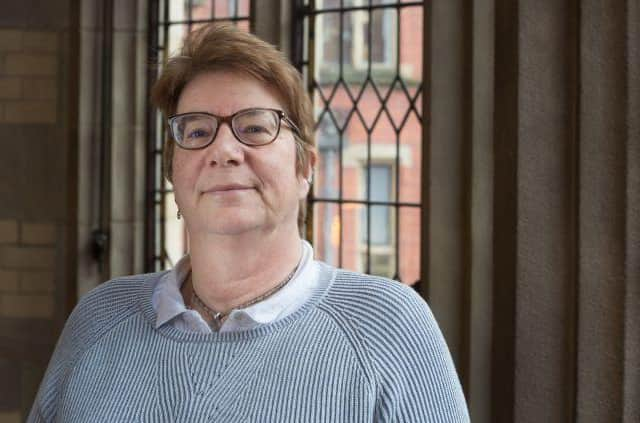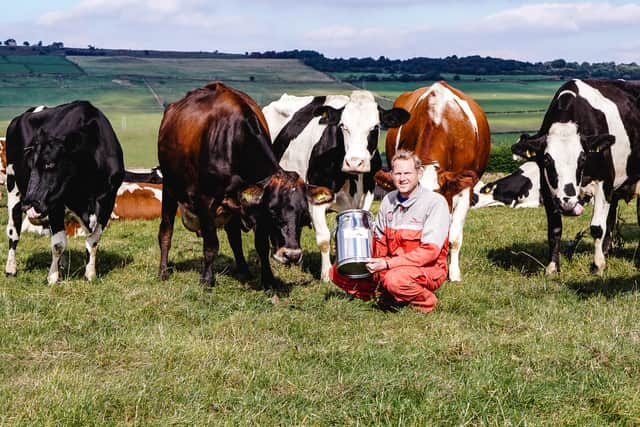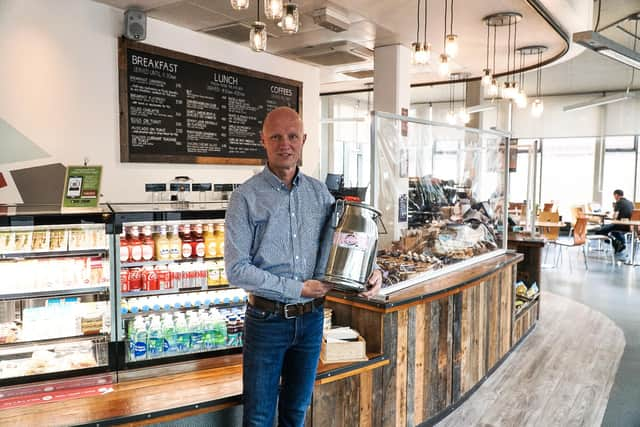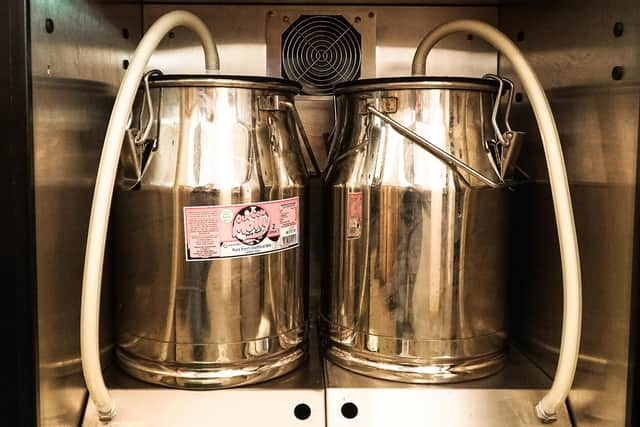How Sheffield university's research leads to real life climate and sustainability solutions
and live on Freeview channel 276
As a large research-intensive university, I know the University of Sheffield has a critical role to play.Our academics and students lead transformational research into sustainable food systems, clean energy solutions, green technologies, policy, behaviour change and so much more. Our research in these areas makes a real difference across the globe - whether it’s developing beans that use less water so are better suited to hotter, drier climates, growing food in a soil-free system based on recycled foam mattresses or finding ways to reduce carbon dioxide emissions from fossil fuel power plants and heavy industry.
Our flagship research institutes bring together our research strengths to develop real-world solutions to the issues facing humanity. Our Institute for Sustainable Food is focused on solving the challenge of making our food supply more secure and sustainably produced, whilst our Energy Institute is finding low-carbon solutions to the world’s biggest energy challenges.
Advertisement
Hide AdAdvertisement
Hide AdFor example, we are building a new Sustainable Aviation Fuels Innovation Centre - the first of its kind in Europe - to develop and test fuels which are made from sustainable materials like agricultural waste, rather than fossil fuels, and so help decarbonise the aviation industry.


We also want to have a significant impact locally, which is why we are using our specialist knowledge and teaching expertise so we can meet our regional sustainability challenges and net zero carbon targets. We recently launched our Made Together programme in collaboration with partners, which has an aim of making our region greener.
We have co-produced the South Yorkshire Mayor’s Net Zero work programme and our engineers at our Advanced Manufacturing Research Centre are helping regional companies keep pace with opportunities to be more sustainable by co-creating better performing and less environmentally harmful products.
It is important that our city and region benefit from the research we do, so we use our campus and city as a living lab to test our innovative solutions to sustainability challenges. One of our research students has worked with Hunters Bar Infants School to install a green barrier around its playground for a project investigating the use of green barriers to mitigate air pollution.
Advertisement
Hide AdAdvertisement
Hide AdThe University’s Urban Flows Observatory, part of a wider UK-wide network, is developing a dynamic understanding of the flows of energy and resources across Sheffield and will support the development of sustainable and healthier cities.


The newly formed Regional Low Carbon Group will play a much wider role by facilitating the regional collaboration required to deliver sustainable development solutions across South Yorkshire and beyond.
We also know that we must also lead by example. Last year we launched our University’s first five-year sustainability strategy, which sets out our commitments to achieving a net-zero campus by 2030 and reaching net-zero across all of our activities by 2038.
We want to become one of the most sustainable research-intensive universities in the country and that means putting sustainability at the heart of everything we do - not just our research and teaching, but across all of our campus operations.
Advertisement
Hide AdAdvertisement
Hide AdBetween 2005-2019, we cut our carbon emissions by 47 per cent, but we know there is much more to do. Last year we switched to a 100 per cent renewable electricity supply and we are currently investing in lower-carbon heating infrastructure for our buildings.


We are always looking for ways to use our research to reduce waste and emissions. For example, last week we announced we are working with Sheffield dairy Our Cow Molly to significantly reduce our plastic waste on campus.
Following a research project involving the Institute for Sustainable Food and our Grantham Centre for Sustainable Futures, we will use 87,000 fewer single-use bottles a year by switching to the use of milk churns which can be washed and refilled.
This will help to significantly reduce both the plastic waste and carbon emissions associated with producing new milk bottles and will cut the carbon footprint of milk delivery to campus by over 65 per cent - equivalent to 6.5 tonnes of CO2 every year.
Advertisement
Hide AdAdvertisement
Hide AdOf course, another important way in which we can help is through our education of the next generation. They are the young people who will be most affected by the impacts of climate change.


We are proud of our students’ knowledge, dedication and activism within the sustainability agenda and, in response to student demand, we are embedding Education for Sustainable Development across all of our courses to equip them with the knowledge and skills to prepare them for the green jobs of the future.
As a civic university, this work is very important to us and will continue well beyond the focus on COP26.
We must use our knowledge, expertise and voice to inform our response to the climate emergency, both globally and locally - for the sake of our planet now and for the generations to come.